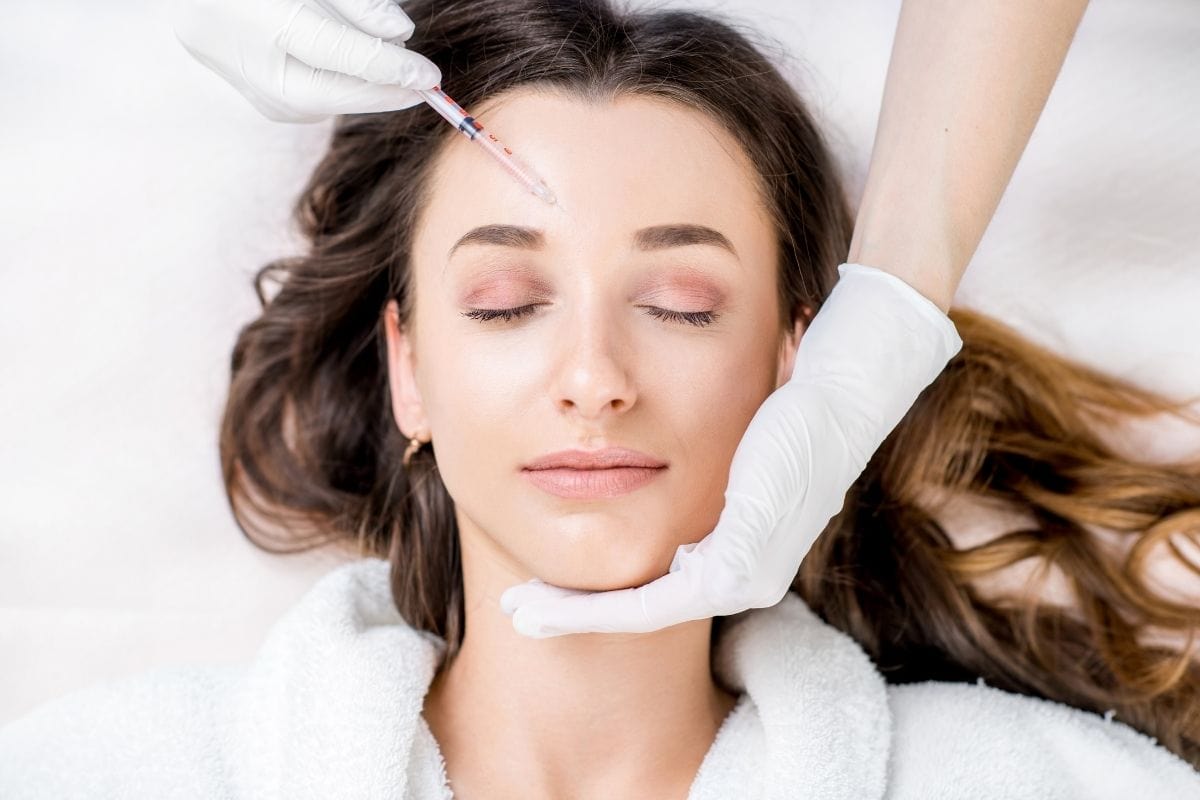UK government approves licensing framework for non-surgical beauty treatments
By Helena Biggs | 01 March 2022 | Movers & Shakers, News

Following pressure from beauty industry bodies and the APPG on Beauty, Aesthetics & Wellbeing, the government has announced that it will crack down on unregulated cosmetic procedures.
An amendment to Health & Care Bill will allow the Health Secretary to introduce a licensing scheme for non-surgical cosmetic procedures such as Botox and fillers. The scope and details of this will be determined via a public consultation, with the purpose of ensuring consistent standards in the aesthetic sector; protecting individuals from those operating without licences.
The move follows on from legislation making it illegal to administer such treatments to under 18s, and banning adverts on all forms of media including social media, influencer advertising and traditional advertising for cosmetic procedures which target under 18s.
Health & social care secretary, Sajid Javid comments: “While most of those in the aesthetics industry follow good practice when it comes to patient safety, far too many people have been left emotionally and physically scarred after botched cosmetic procedures.
“I am committed to protecting patient safety by making it an offence for someone to perform these cosmetic procedures without a licence.”
“We’re doing all we can to protect patients from potential harm, but I urge anyone considering a cosmetic procedure to take the time to think about the impact on both their physical and mental health and ensure they are using a reputable, safe and qualified practitioner.”

Carolyn Harris MP

Judith Cummins MP
In a statement released on Twitter, Carolyn Harris MP & Judith Cummins MP, co-chairs of the APPG on Beauty, Aesthetics & Wellbeing, said:
“We are thrilled to see the government has accepted our recommendation to introduce a national licensing framework in law for non-surgical cosmetic treatments.
“The APPG on Beauty, Aesthetics & Wellbeing’s year-long investigation found that the regulation of these treatments remains fragmented, obscure and out of date, meaning anyone can carry out a treatment, anywhere, with next to no restrictions on what qualifications they must have to do so. This has left consumers at risk and undermined the industry’s ability to develop.
“A licensing framework set in law is an important step in the right direction, however this must be underpinned by mandated national minimum standards for practitioner training.”
“Maintaining the status quo is not an option. We urge the government to accept our report’s recommendations in full and look forward to working with them to better protect consumers and support the industry.”
It is hoped by many across the beauty industry that this will spark the introduction of further licensing regimes across the sector, particularly in the unregulated UK nail industry.
 Victoria Brownlie, chief policy officer at the British Beauty Council, adds: “The commitment from government to tackle this issue is a huge step towards legitimising the professionalism of our industry – something that we have been working to achieve since our inception three years ago.
Victoria Brownlie, chief policy officer at the British Beauty Council, adds: “The commitment from government to tackle this issue is a huge step towards legitimising the professionalism of our industry – something that we have been working to achieve since our inception three years ago.
“We are continuing dialogue with the Department for Health & Social Care together with the Joint Council for Cosmetic Practitioners (JCCP) and organisations within personal care to make sure any new regulation succeeds in driving up standards and protects the public from harm. There is a lot of work ahead, but we remain committed to tackling it head on.”
View the government’s statement in full, here.

Read the latest issue









